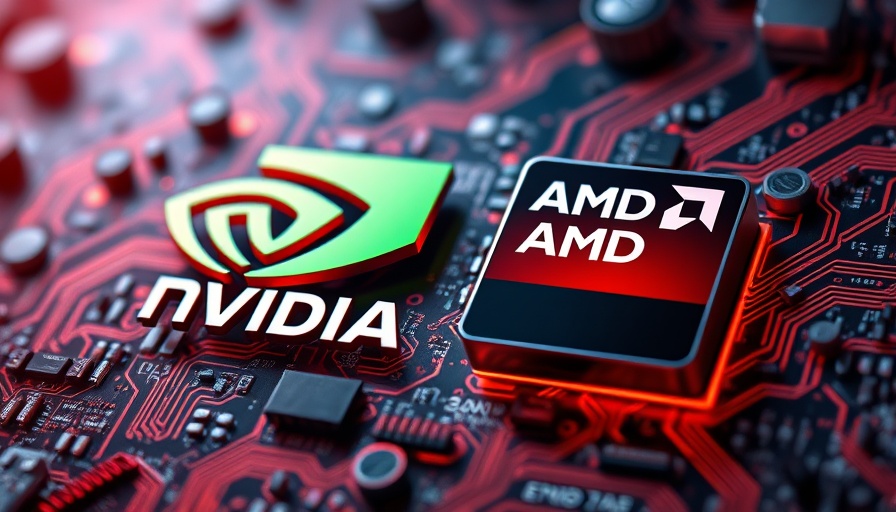
A Bold New Revenue-Sharing Model for Industry
In a surprising turn of events, Treasury Secretary Scott Bessent has highlighted a groundbreaking revenue-sharing deal between Nvidia and AMD, which allows these tech giants to contribute 15% of their chip sales in China directly to the U.S. government. Bessent, during an interview with Bloomberg Surveillance, referred to this agreement as a "blueprint" for other industries, envisioning its broader application in the future.
The implications of this deal are significant. It facilitates the sale of Nvidia's H20 accelerator chips and AMD's MI308 processors specifically engineered to comply with U.S. export controls, catering to the burgeoning demand for advanced AI technology in China. Bessent maintains that revenue from these sales could play a crucial role in reducing the national debt and potentially benefiting taxpayers, should the initiative succeed.
A Departure from Traditional Trade Policies
The historic nature of this agreement raises questions about its long-term viability and impact on U.S. trade policy. Traditionally, export controls under the previous administration focused on outright bans of advanced technology products to China due to national security concerns. By contrast, this new model represents a compromise that enables sales while ensuring that the U.S. captures a portion of the financial benefits—a strategy Bessent believes can maintain American leverage in negotiations with Beijing.
Legal experts have voiced concerns about the unusual framework of this agreement, as it operates outside of standard taxation practices and lacks Congressional oversight. Gary Hufbauer of the Peterson Institute for International Economics referred to it as "bizarre," underscoring the unprecedented nature of direct revenue-sharing negotiations between the president and corporations.
Broader Applications and Implications
As Bessent suggests this revenue-sharing approach could find applications across various sectors, one can explore how similar agreements might reshape industries such as renewable energy, pharmaceuticals, and technology. The potential for redefined relationships between the government and private sector highlights the need for innovative solutions to complex trade dynamics.
This type of model could not only enhance revenue for the government but also serve as a template for fostering partnerships that drive economic growth. The way forward involves balancing the interests of national security with the benefits of market participation in a global economy.
Call to Action: Embrace New Business Models
As business professionals navigate the evolving landscape shaped by initiatives like this, it's crucial to stay informed about emerging economic trends and the implications of new policies. Understanding and adapting to these changes can create opportunities to enhance corporate strategies and foster sustainable business practices.
 Add Row
Add Row  Add
Add 



Write A Comment